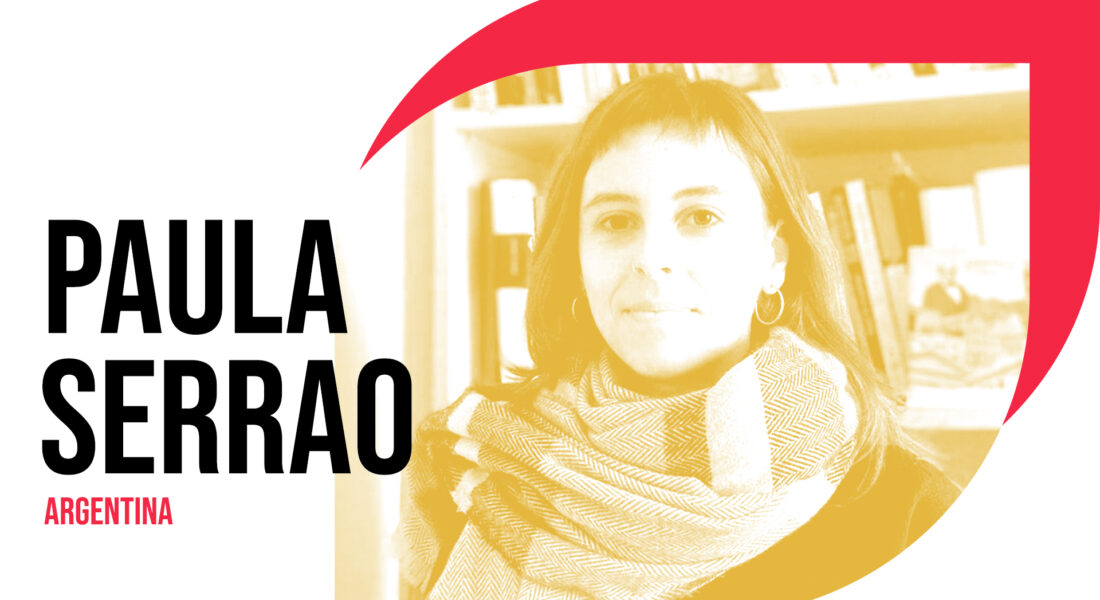
All of us immigrants are a valuable resource for both our countries of origin and our host country
Paula arrived in Italy in 2016. Originally from Buenos Aires, she speaks Spanish, English, Portuguese, and Italian. Arriving on a study visa, she managed to obtain citizenship (iure sanguinis, having an Italian great-grandfather), but not recognition of her entire university career. Of the six years she devoted in Argentina to obtaining a bachelor’s degree in History and a master’s degree in Education, she was recognized for three. In Italy, she had to attend the master’s degree program in Historical Sciences, after which she had access to a doctorate in Education at the University of Turin.
Paula’s reason for coming to Italy was her desire to be reunited with her Argentine partner, who had moved to Turin thanks to winning a scholarship. In Argentina, she had already been working for five years as a history and civic education teacher; in Italy, where she did not plan to stay long, she began teaching Italians Spanish, a language she enjoys speaking.
As part of her doctorate, Paula is working on the history of education. Her research has as its subject the Italian schools founded in Argentina in the mid-19th century by Italian mutual aid associations that were responsible for providing an education to the children of Italian members or employees; she focuses on the period from the birth of these institutions until World War II, following above all the transformations that took place during the twenty years of fascism. These associations were established to provide immigrants with services that were not guaranteed by the state, such as education, vocational education, health care, welfare, etc.
Paula is grateful to be in Italy. In fact, from the point of view of scientific research, she believes that our country invests more than Argentina: “In Buenos Aires, a university professor, with the sociopolitical crisis, cannot only deal with research, they has to do other parallel activities to make ends meet”.
She works mostly from home. “I consider myself privileged: as a foreign woman in Italy who can do research, although there are contradictions, I feel lucky but at the same time I think it would be nicer for me to be able to do research in my own country”.
Although she perceives the Italian community as very welcoming (she likes the local cuisine), Paula points out the differences in culture and tradition compared to her country: “The approach in human relations is much more rigid and formal than in Argentina, and I have a hard time adapting”. Paula feels integrated because she works at the university, however, she still cannot feel at home. She is happy to have learned a new language and met a new culture, but she does not hide that she is very attached to her hometown, which she misses, just as she misses her family, relatives and friends, even the “chaos” of the cities.
“Migrating is not for everyone, it is expensive, tiring and the paperwork is a nightmare”.
Her future will depend on the job opportunities that open up in both Italy and Argentina. “All of us immigrants are a valuable resource both for our countries of origin and for the country that welcomes us”. Doing research in Argentina would be a great joy to be able to give something back to her country, while the main scientific-cultural contribution she offers to Italy is her research, carried out in parallel both on Latin American history and, in particular, Argentina, and, with the help of colleagues, on Italian history. Indeed, a fruitful cultural exchange flows from the comparison of these two pieces of knowledge.


